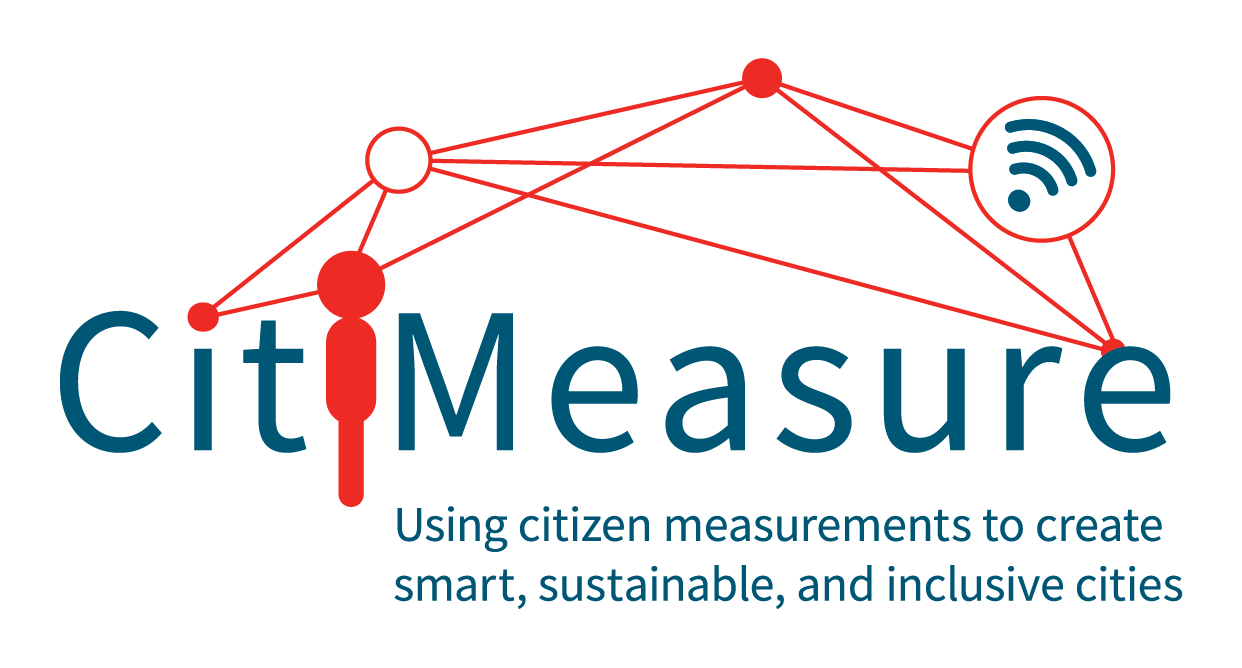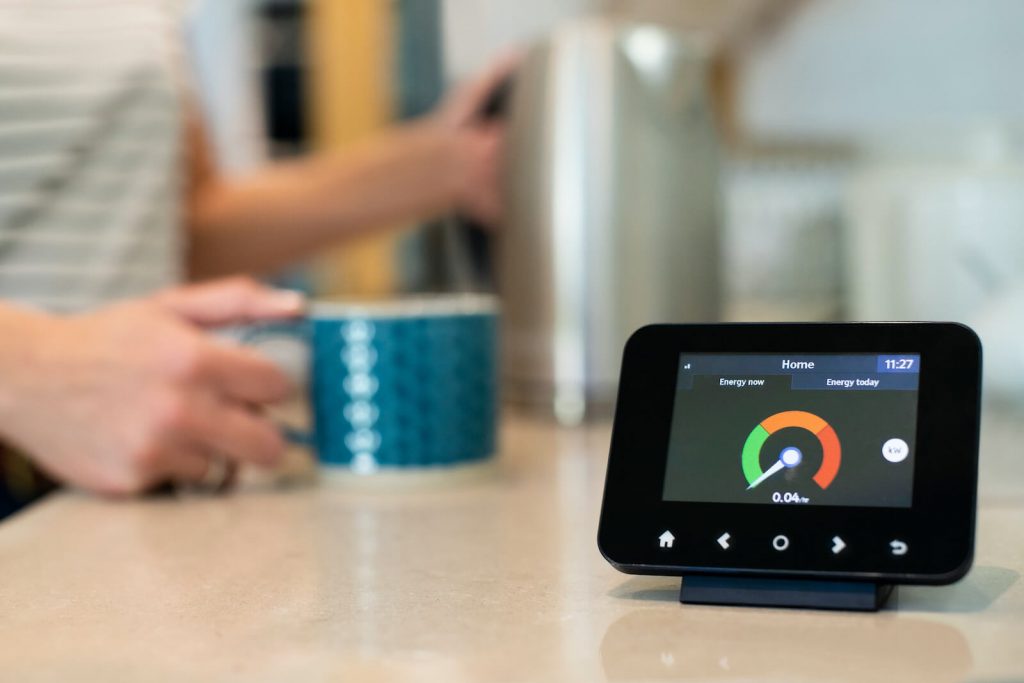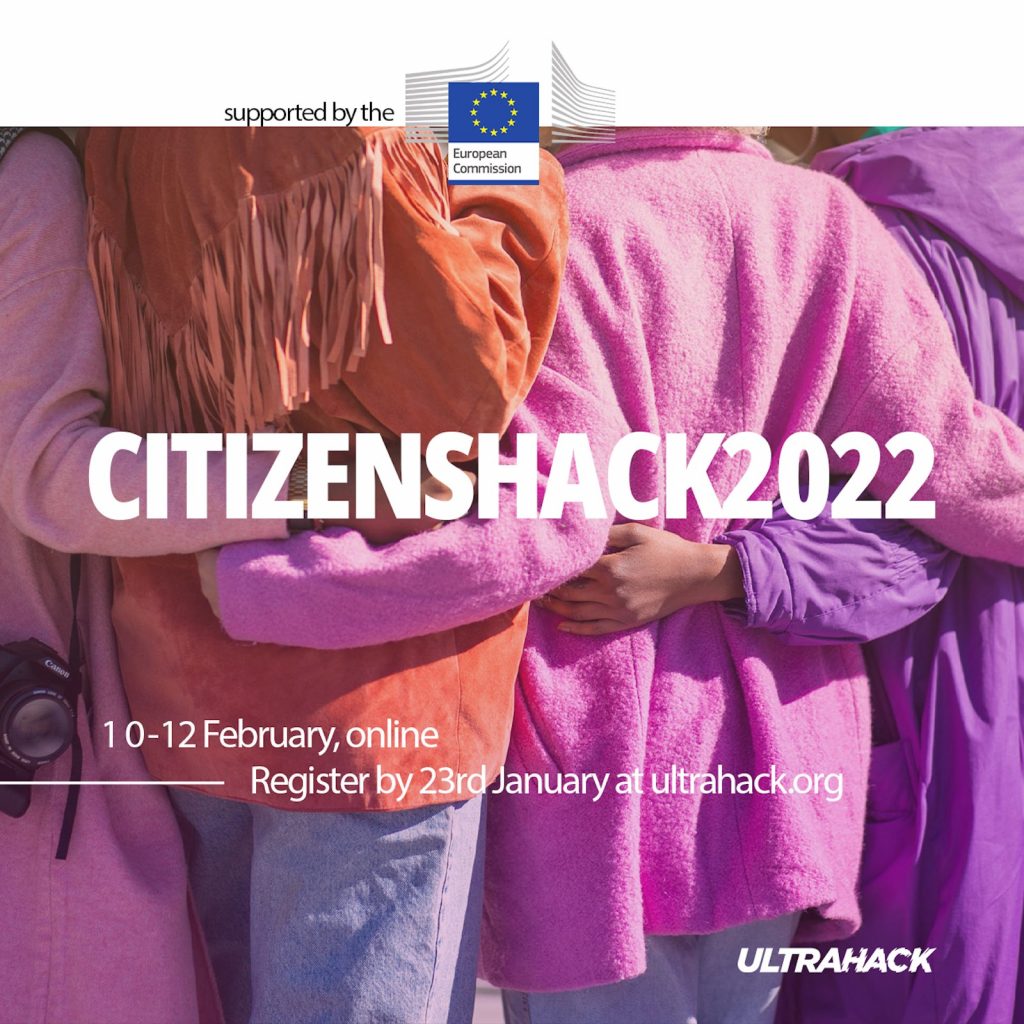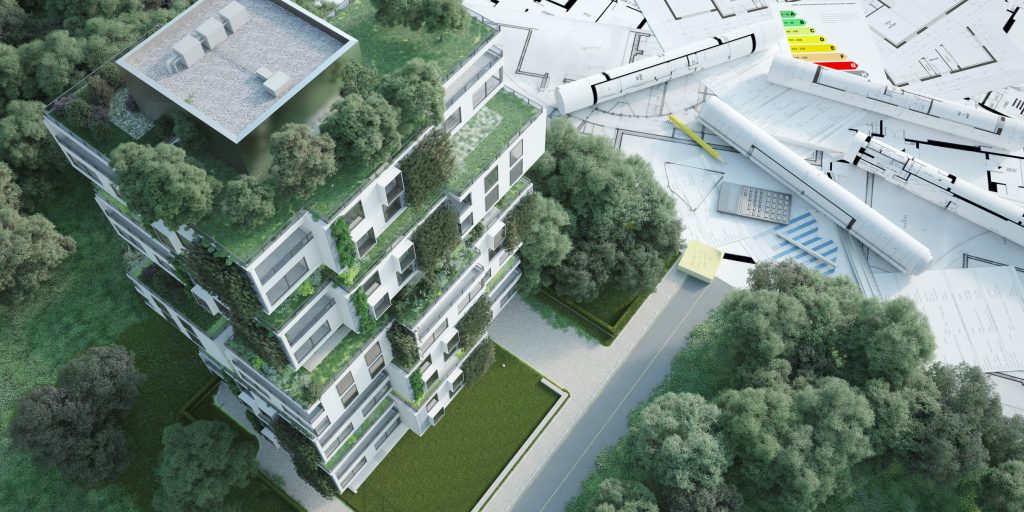As with many other European cities, the capital of the Czech Republic, Prague, is facing air quality problems. But now, residents and students can measure the air quality around them. The civic group Senzorvzduchu, z.s. (in English, ‘Air Sensor’) develops and gives instructions for installing a DIY air sensor.
“Understanding and measuring air quality by citizens is crucial because it shows that citizen science initiatives can produce valuable information about local air quality,” says Michael Lažan, the founder of Senzorvzduchu, z.s. The group also organises community-building workshops for those interested in having further information.
“Such information can be used, for example, to improve official air quality models to estimate pollution levels and identify suitable actions to improve air quality. We can also identify hot spots in cities where there is a lack of official stations,” he adds. The initiatives often help to raise public awareness of air quality problems, which can lead to more robust public measures to address the issue or changes in personal behaviour, such as switching from driving to walking or cycling.
Thanks to Senzorvzduchu, students from two elementary schools, three high schools and six kindergartens built their own sensors and monitored the results through an information board with a QR code accessible via a web platform. Senzorvzduchu participated in CitiMeasure to build 50 sensors in schools together with students, discussing with them the possibility of citizen measurements and the importance of air quality.
“While performing workshops in schools and working with groups of children I am particularly proud that students who didn’t even think before that building electronic devices by themselves is possible are now capable of connecting them, uploading code and instantly measuring data displayed in real-time on a map,” says Lažan.
Performing various activities connected to handling the data, he says, writing reports and doing “science” is possible even from a young age. Older students are brainstorming possible future applications of the ground data with connection to satellite data promising new implications in healthcare, agriculture and a deeper understanding of climate.
Indeed, surveys revealed acquired knowledge and changes in students’ perception of air quality. After the session, more participants knew where to get information about air quality, how to use the sensor and how to interpret results. Also, more respondents stated air quality as a problem.
By reaching students and young adults it is hoped to achieve long-term effects and a deep understanding of the importance of clean air for human health and the environment. “From our experience,” adds Lažan, “this topic is now perceived as highly important by students because of its direct connection to climate change.”
The initial aim of Senzorvzduchu was to fill up the blank space of sensors between Germany and Poland on the sensor map. The NGO developed a Twitter alarm bot informing citizens whenever the limit surpasses harmful levels.
“It was also nice to have a reflection on the project from other participants. Together we designed a tool for assessing the project’s impact by creating pre-survey and after-survey,” explains Lažan. “This helped us better understand the change in perception of the topic by pupils. Outcomes are now directly measured and from the results, we can conclude that our work is important and does make a difference.”
The interactions with CitiMeasure provided new perspectives as citizen science initiatives are still relatively recent in the local context. For example, after discussing with the Comparability working group members, the Sensor2School project plans to focus more on inequalities by comparing data and school surveys in deprived regions in Czechia.
If you want to know more about CitiAIR and the pilot projects that have been working with Citimeasure, join our webinar on 8 February, “CitiAIR, untapping the potential of Citizens Science on air quality”. You can register here.
Anke Lükewille, expert Air Pollution at the European Environment Agency (EEA), Valérie De Prycker, Policy officer at the city of Ghent (Belgium), and Hester Volten, Air quality scientist at RIVM, will discuss the challenges and opportunities for citizen science initiatives on air quality.





